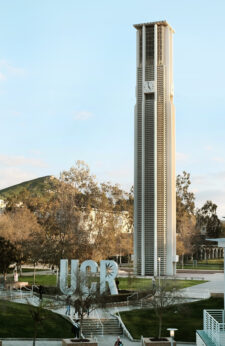
On June 29, 2023, the Supreme Court gutted affirmative action in a 6-3 decision that condemned the University of North Carolina and Harvard College, ruling that their admissions process violated the Equal Protection Clause. The decision has stirred the nation into split views, with many agreeing with the decision to prevent the use of affirmative action in college admissions and others arguing that the decision would create uncertainty for students applying to college.
The decision still allows students to talk about their race to explain how it’s shaped their character through personal experiences when applying to universities, but college admissions would base their criteria solely on the student’s experiences and not on their race. Many liberals have argued that the decision would cause a setback for minority groups as it could weaken diversity on college campuses.
As the decision was being discussed last Thursday, Justice Clarence Thomas noted that the term “race-neutral” would behave as a solution to affirmative action, stating how “race-neutral policies can “achieve the same benefits of racial harmony and equality without any of the burdens and strife generated by affirmative action policies,” according to CNN. Justice Sonia Sotomayor expressed her disapproval of the term, writing, “The majority’s vision of race neutrality will entrench racial segregation in higher education because racial inequality will persist so long as it is ignored.”
The decision overturned the 2003 ruling of Grutter v. Bollinger that allowed race to be a factor in college admissions as universities aimed to have more diverse campuses. In response, UCR leaders and scholars expressed their promise in continuing to maintain a diverse student body as the decision effectively banned affirmative action in universities.
UCR Chancellor, Kim A. Wilcox, highlighted California’s Proposition 209, which states that the “state cannot discriminate against or grant preferential treatment on the basis of race, sex, color, ethnicity, or national origin in the operation of public employment, public education, and public contracting.” In his statement, Wilcox wrote, “Since UCR policies align with the state constitution, we expect that today’s ruling will require little change in our process or behavior, though we will be reviewing the decision closely in coming days.” It continues, “However, we can be certain that diversity is and will remain a critical aspect of fulfilling our obligations and mission.” Wilcox assured the UCR community that the campus will continue to remain inclusive to all excellence from every student.
Dean of the College of Humanities, Arts, and Social Sciences (CHASS), Darlye Williams, also released a statement. “Color and race matter in outcomes and we will continue to reduce the barriers to provide a world-class education for all,” he wrote.
Joi Spencer, dean of UCR’s School of Education, also agreed that the decision would pose difficulties for “minoritized communities of color.”
To read more about these statements, go to news.ucr.edu.







